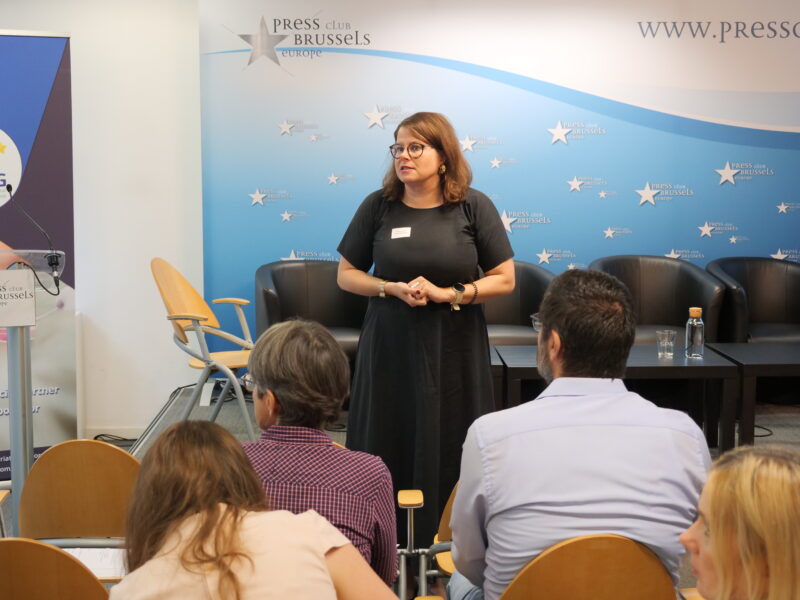The Need for Skilled Professionals Challenges European Industry – Solutions Sought Under Finland’s Leadership
The shortage of skilled professionals and the need for the right kind of expertise have been a key focus of advocacy for several years in the chemical industry. Our skills gap is both quantitative and qualitative.
At the same time as we struggle with the availability of skilled professionals, the production processes of our member companies are evolving towards greater sustainability and climate neutrality, increasing the demand for advanced natural science, mathematical, and engineering skills. This equation is a challenging one.
Finland is not alone in facing the challenge of a skilled workforce; the same concern about the availability of talent is echoed across other European countries. The PISA results published last December painted a stark picture, particularly regarding the level of natural science and mathematical (STEM) skills across Europe. The competition for talent will be fierce.
That’s why it’s essential to address this skills challenge together. One step toward shared solutions is the European ChemSkills project, which examines the skill needs and potential bottlenecks between the industry’s requirements and the offerings of the education system. The project focuses on the industry’s green transition, related digitalization needs, and the goals set by the Chemicals Strategy for Sustainability (CSS) for European industry. Achieving these objectives requires not only high-level expertise but potentially also skills we have yet to anticipate. The project is being carried out with funding from the European Commission’s Erasmus+ program.

Anni Siltanen, Chief Advisor for Skills and Competence, serves as the project manager for the ChemSkills initiative. Pictured at the ChemSkills launch event in Brussels.
Finland plays a significant role in the ChemSkills project, as the Finnish Chemical Industry Federation (Kemianteollisuus ry) serves as the project manager for the entire four-year initiative through its Brussels-based umbrella organization, the European Chemical Employers Group (ECEG). This gives Finland an excellent opportunity to make its mark not only on the skills needs assessment but also on the messages we convey to policymakers about the expertise required for the industry’s green transition.
Although there are still more than three years left in the project, some key messages are already clear: STEM expertise is absolutely the most critical. Only with sufficiently strong STEM skills can we build the essential research expertise for a clean transition in the industry or the cybersecurity expertise crucial for industrial continuity. Additionally, it must be understood that the expertise important to industry is developed across the entire skills value chain. Foundational skills are created at the basic education level—vocational and academic excellence is built upon this foundation—and skills must be developed throughout one’s working life.
The second Ursula von der Leyen Commission is expected to begin its work by the end of this year. According to von der Leyen’s program proposal, its agenda will include, for example, a European STEM strategy and a European vocational training strategy. Both are highly relevant for the ChemSkills project, which can also provide valuable insights to support the work of the upcoming Commission.
To secure EU support for addressing the industry’s need for skilled professionals, we, the European chemical industry’s advocacy organizations and companies, must communicate our objectives to decision-makers collectively, flexibly, and clearly. This is precisely what the ChemSkills project is about.
Fact Box
ChemSkills Project:
- Purpose: To identify the skills needs of the chemical industry across Europe and develop education to better meet the needs of the industry.
- Duration: Four years, starting in 2023.
- Funding: €3.9 million in EU funding.
- Participants: 33 organizations, including companies and educational institutions from 13 countries.
- Coordination: The European Chemical Employers Group (ECEG) in Brussels coordinates the project.
- Finland’s Role: The Finnish Chemical Industry Federation (Kemianteollisuus ry) plays a key role as both the project leader and content provider for several work packages. The Rubber Industry Association of Finland (Kumiteollisuus ry) is also involved.
- Focus Areas: The work packages explore skills development needs and bottlenecks in various chemical industry sectors, such as rubber, plastics, and fertilizer industries.


